We catch up with Rhys Lewis on his European tour – Exclusive shoot and interview
Rhys Lewis has been on our radar since the beginning of the year. In the months since, the release of several singles have cemented him as a regular on our playlists. With raw lyrics and a sound that is mature beyond his years, he’s shaping up to be a promising talent. We joined Rhys in Utrecht, Netherlands to get to know him a little better.
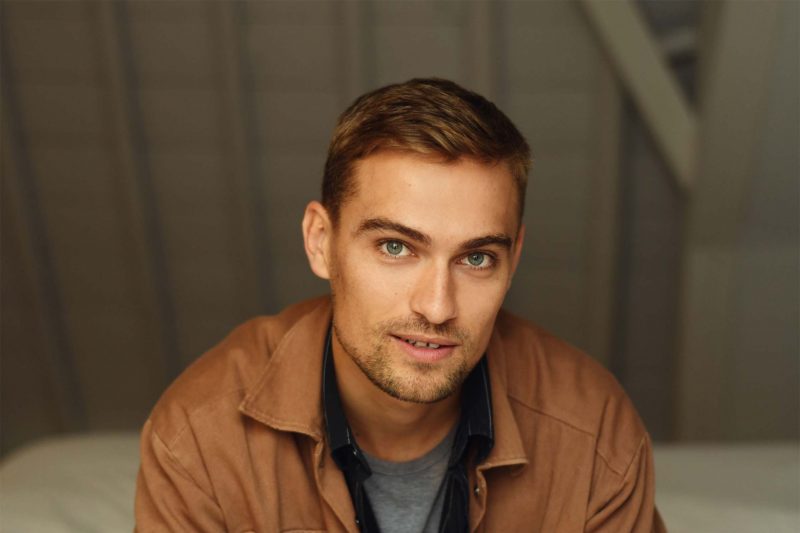
You’re quite direct with your lyrics – everything from mentioning Facebook, to talking about acknowledging a girl you like being in love with someone else, to mental heath issues – how does it feel to put yourself out there?
It’s weird – it feels very vulnerable, because when you’re writing a song you forget that you’re going to have to perform it in front of people. It’s weird to release a song on Spotify; people suddenly are like “I heard it!” or “I can relate to that!”. The words you’ve written obviously have a meaning to you, and other people have a snapshot into your life. Especially when you write from the heart… it can definitely feel vulnerable.
Is it important for you to write your own material?
Yeah. I’ve done co-writing, and sessions with songwriters and producers, but I do tend to write a lot of the lyrics myself. There are songs I’ve obviously written with help from other people. Creativity and collaboration in that way has benefited me a lot. I often go in with a concept of what I want to talk about, and having someone else to help finish it or get ideas flowing is actually really good. When you’re on your own you can down your own methods, and whether ideas are any good. It’s important for me that all my songs come from a real place.
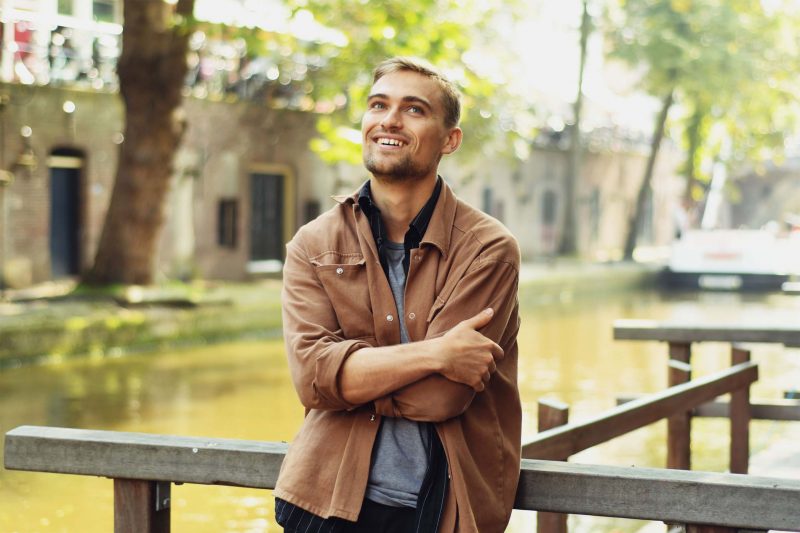
Do you/would you ever consider writing songs for others?
I’d love to. Weirdly, I came to London to study songwriting, and wasn’t really here to be an artist. So in the process of trying to get better at writing songs, I got better at singing and playing guitar. The songs I wrote at Uni became the ones I ended up singing, so I gained more confidence as an artist. Once I left Uni I gained more confidence and started to pursue it as a real option.
I see you do a lot of social media and live streams – will you use that and those as a platform for addressing such issues, or do you prefer to keep it to the music?
I think it’s harder sometimes to articulate certain emotions when you talk about them. When you spend a whole day talking about and writing a song, you process your own emotions and thoughts, and feel a lot more able to talk about it. I feel like having a conversation is something I can definitely do now. The good thing about doing interviews is sometimes you’re put on the spot and get asked about something you’ve never thought about, and suddenly you learn about yourself. You have to ask yourself questions, and that’s the same process as songwriting. It’s like free therapy! Getting [your problems] out of your head stops you from making it worse in your own mind.
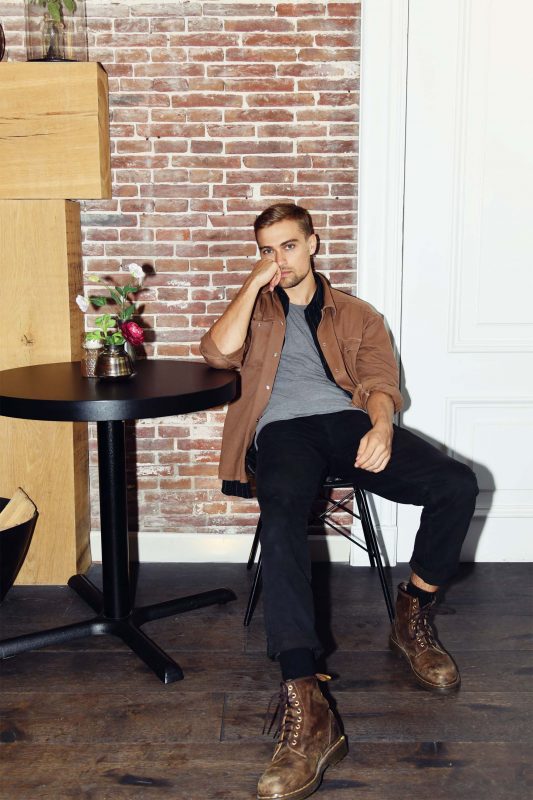
What was the first time you were moved by music?
When I first saw The Good, The Bad and The Ugly, my dad showed me that film when I was 9 years old. [Sings theme tune] – Ennio Morricone wrote the music for that and I just remember thinking “music’s awesome.” It set a scene, the drama of music… I just remember that moment. Music made it so much better!
You play a lot of international gigs – how did you amass a following like that? Do the audiences differ?
I do find it different playing abroad – I think partly because they perceive British artists slightly differently. We forget the wealth of heritage that being British gives you. You’ve got The Beatles, The Rolling Stones, Led Zeppelin… all the cool artists in the world are from the UK. When you go abroad as a British artist, it feels like you’re already in a different lane. Back home there’s a lot more competition, and everyone’s British! In London there’s so many venues and gigs and they’re all amazing… it’s hard to kind of break out of that and be heard amongst the noise. Abroad, people are more excited to hear you.
With Spotify, it’s so much easier to reach a crowd – you can see which tracks are being played most, and where your fans are. It’s really cool and that data is going to be so important for the future of musicians planning tour. Even selling merch – you can get an idea of your demographic.
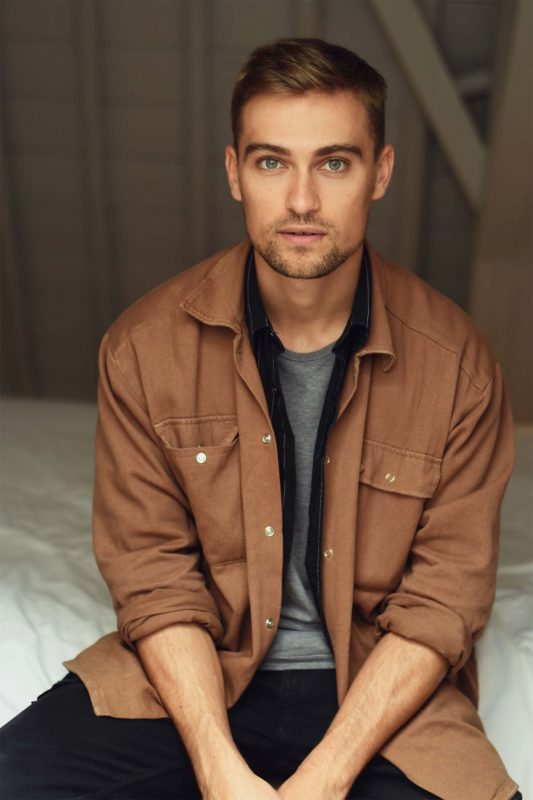
How is it being apart of the Decca family? Are you feeling the pressure?
It’s inspiring to be alongside so many amazing musicians that have been on Decca. [They’ve got] Gregory Porter, who is one of the most incredible Jazz singers of our time. The heritage is unreal – the oldest British label. It makes you raise your game, being alongside these artists. You’ve got to deliver and do something special. When I signed, that was when the hard work started. [The Decca team] have let me develop organically; they suggest a route but have never forced it upon me. I’ve been all over the world to put together the album. It’s unreal. I’m honoured.
What can you tell us about the debut album and what we can expect next? Any collabs?
I’ve just finished recording the album. It’s very personal to me. It’s quite confessional… it’s about a lot of things I went through in the past few years. Living in London, trying to pursue music as a career. There was ups and downs, I doubted myself… it’s very autobiographical. I’m really proud of it.
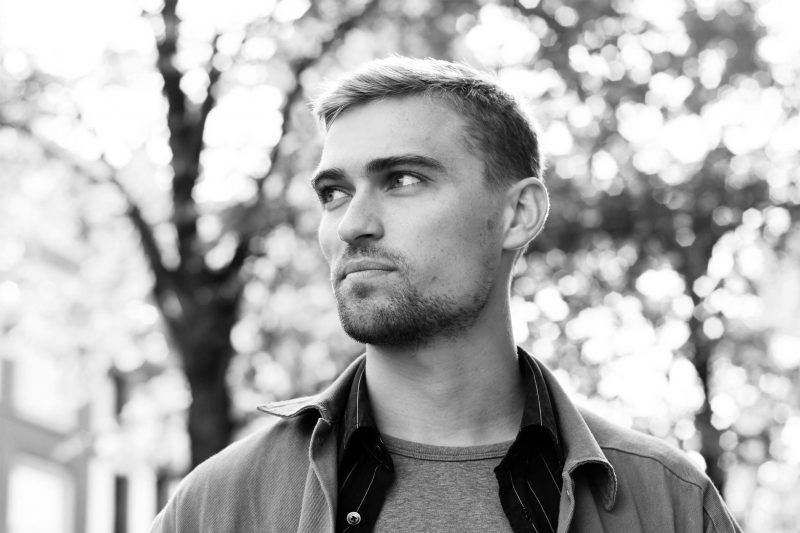
What is your fault?
I leave the fridge door open. And I leave the tap on when I’m brushing my teeth!
Find Rhys on Facebook, Instagram and Twitter. Watch an acoustic version of ‘Wish I Was Sober’ below.
Photography and Words Jack Alexander